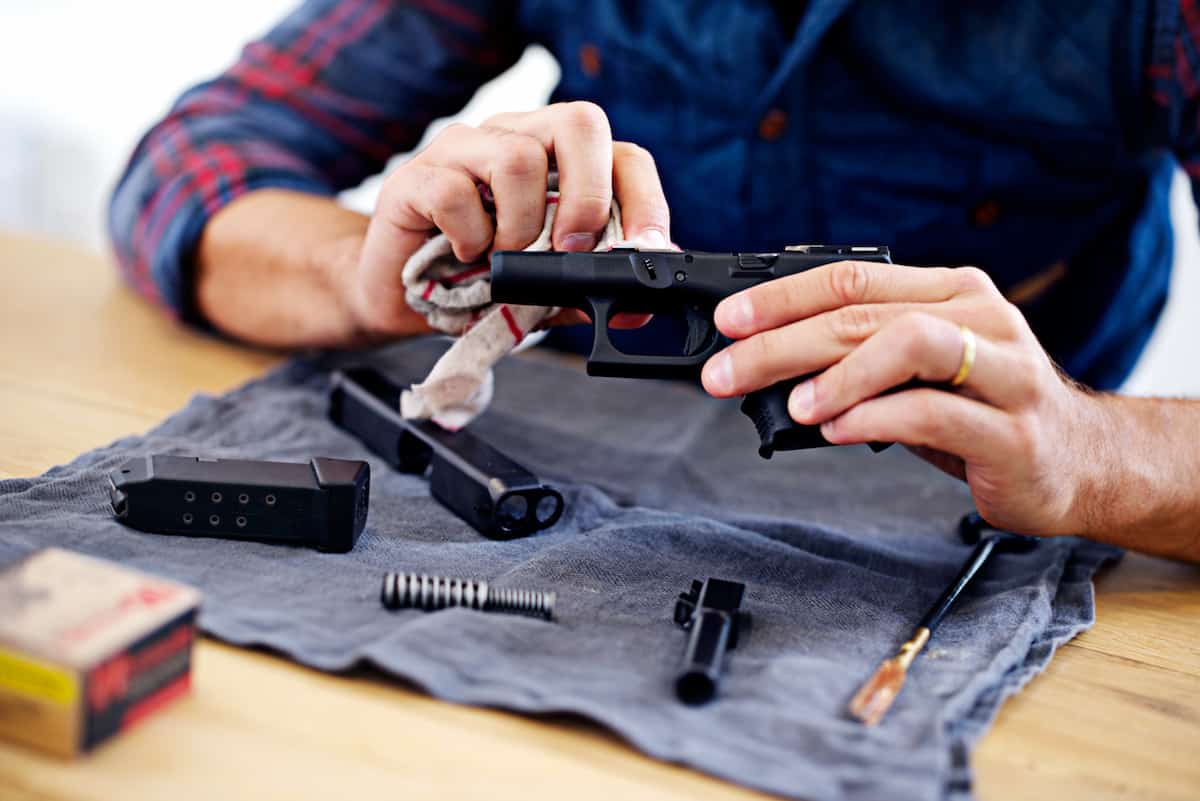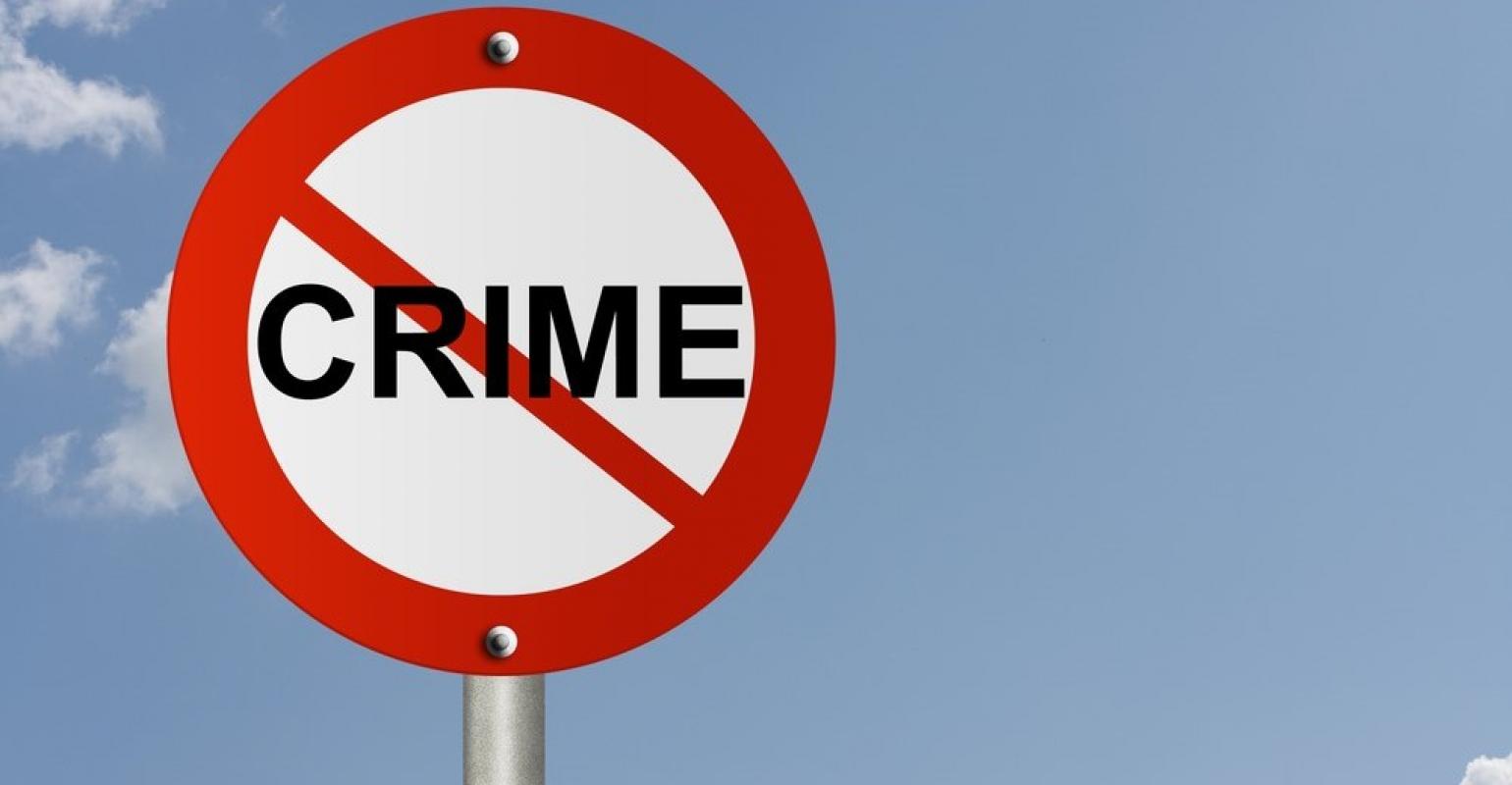Ask any good, seasoned patrol officer the importance of maintaining your everyday equipment and you might get a response like “Do cars need gas to run? Or, does a marathon runner need shoes to run in?” Having clean, up-to-date equipment such as a charged Taser or a full can of OC spray is important, but not nearly as important as maintaining your duty weapon. You don’t have to be an expert firearms instructor, a Tactical Commander or even be a gun crazy cop to know how to maintain a clean duty weapon. Ask any field training officer if he stresses the importance of a clean, functional weapon to his or her rookies, and I bet you will be hard pressed to find one that does not.
Basic skills should have been taught to you in the academy on weapons upkeep as well as upkeep of your everyday duty gear. A veteran officer knows that maintaining perhaps the most important piece of equipment that you may have to rely on to save your life or the life of someone else doesn’t take an expert, only consistency and responsibility.
Every officer should know the workings of his/her duty weapon, and know how to properly field strip and re-assemble their weapon after a proper cleaning. I love the hobby of collecting handguns. I am not a firearms expert, but I can tell you from years and years on the street, that choosing a duty weapon and sticking to that same make and model will benefit you in a life threatening situation. I know my duty weapon, a Sig Sauer P220, .45 caliber handgun better than I know any other gun that I own. I know the exact feel of each and every trigger pull, the way the gun feels when I decock it, and when the slide falls with a round in the chamber.
Having the proper cleaning supplies is a must, and I recommend a separate cleaning kit specifically for your duty weapon, where everything in the kit is designed to clean your best friend. Solvent, gun oil, even some WD-40, frame brushes and bore brushes and a good cleaning cloth will keep your trusted partner operational for years. And, if you have been on the street for awhile, or have spent many a round through your barrel, have an expert do a routine inspection on your weapon every few months. A new recoil spring that may cost you $50 bucks is a small investment when the time may come for it not to fail you.
Most law enforcement agencies are full of officer’s that are experts in firearms. If you are like me, not one of them, seek out their expertise on firearms maintenance. Then, with that nice, perfectly cleaned and operational best friend of yours, get your butt to the firing range so that you can return the favor to your weapon, by being just as reliable to the gun as the gun will be to you.
Stay safe, serve proud, and go home at the end of the day.











